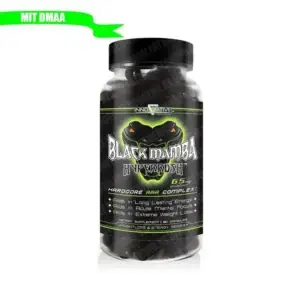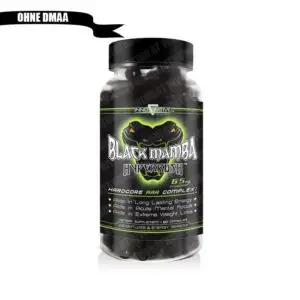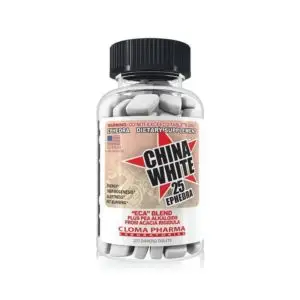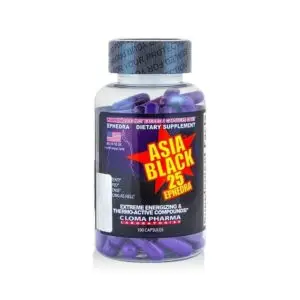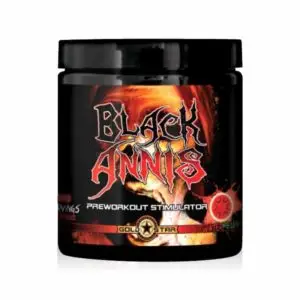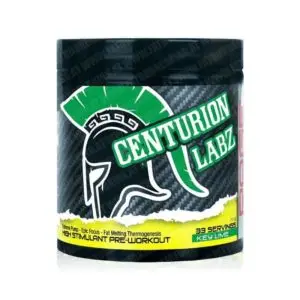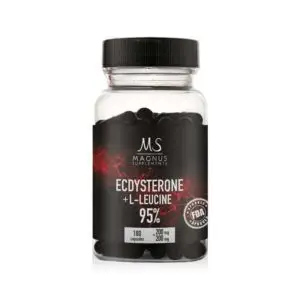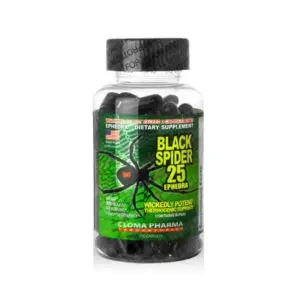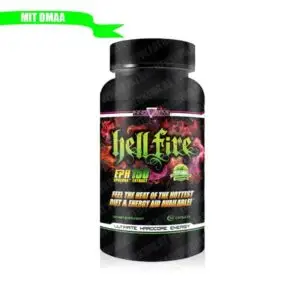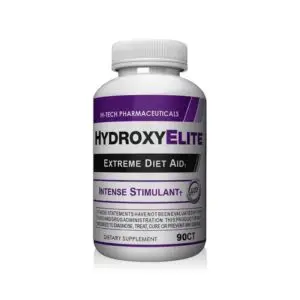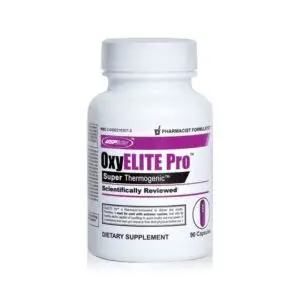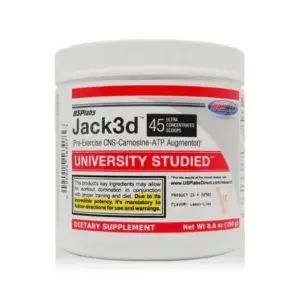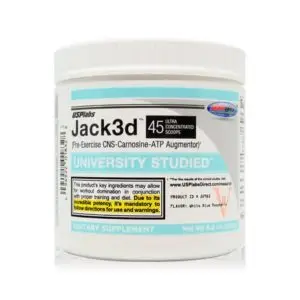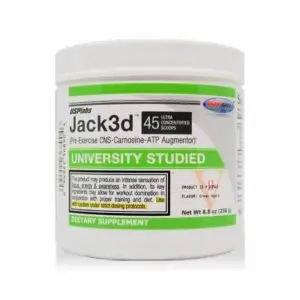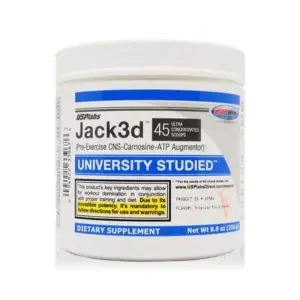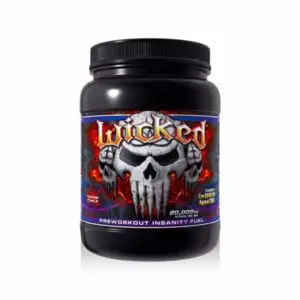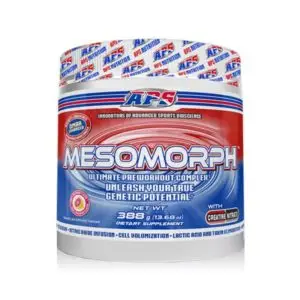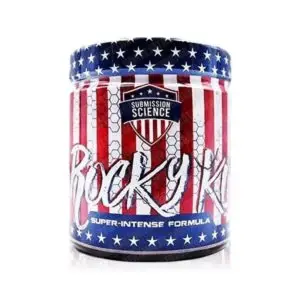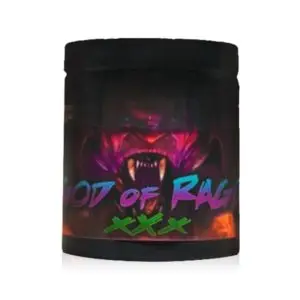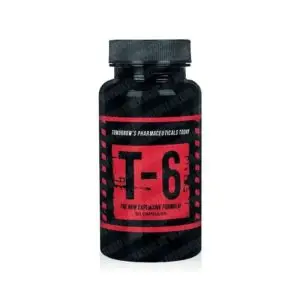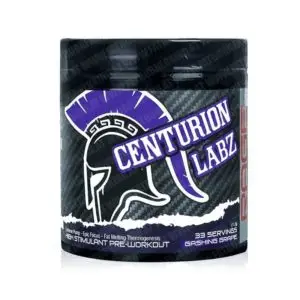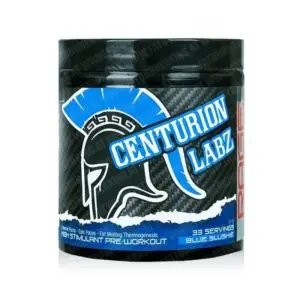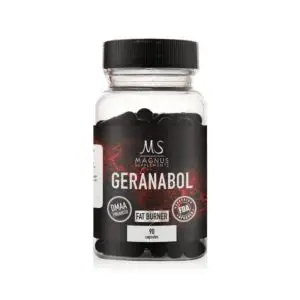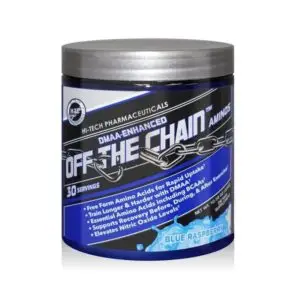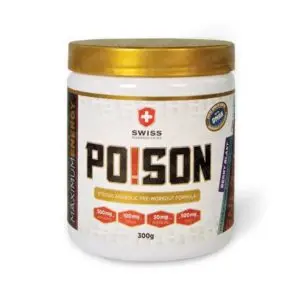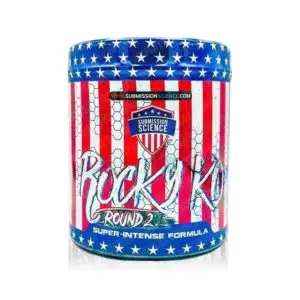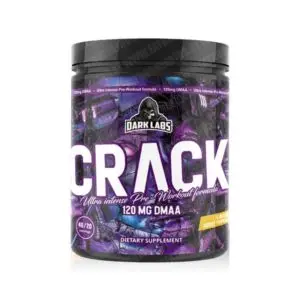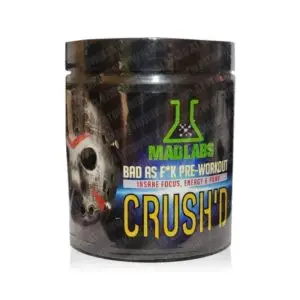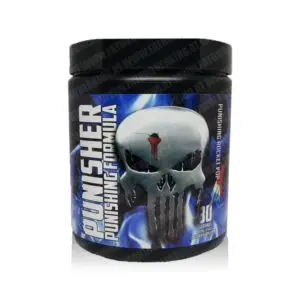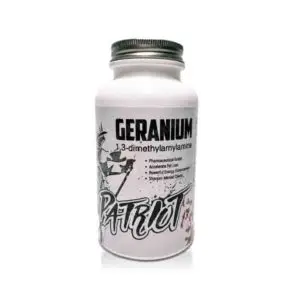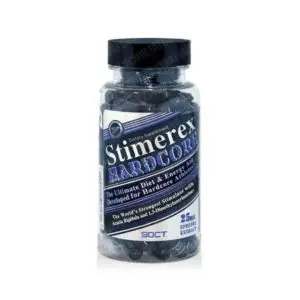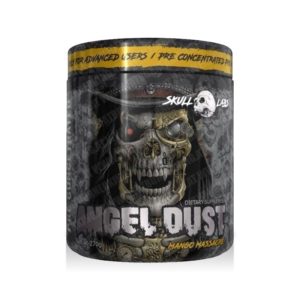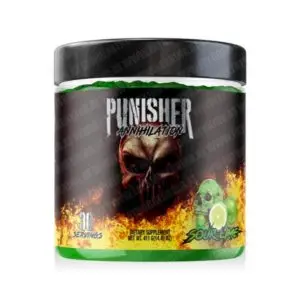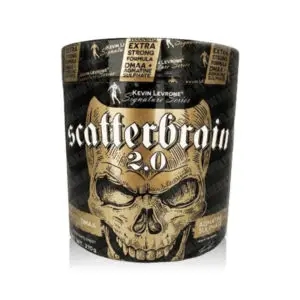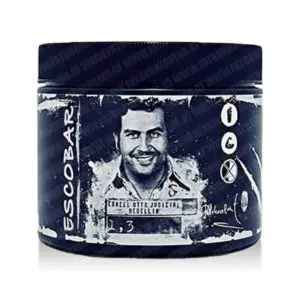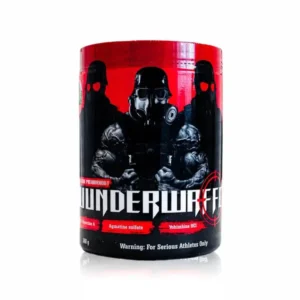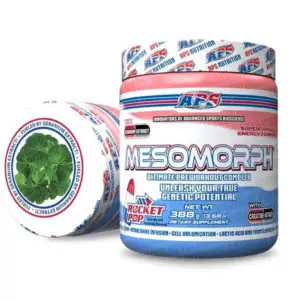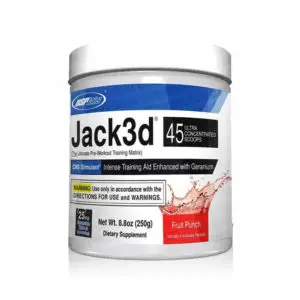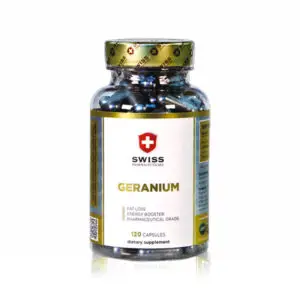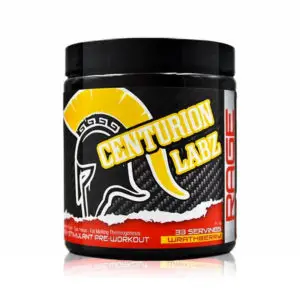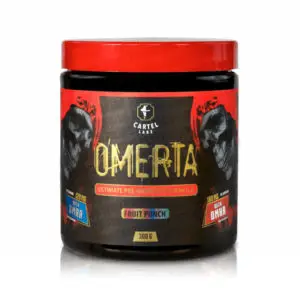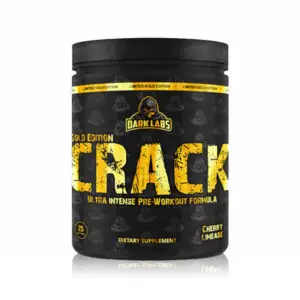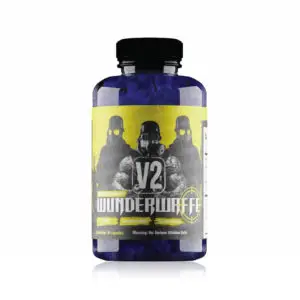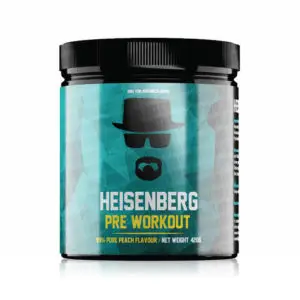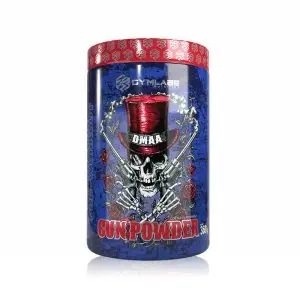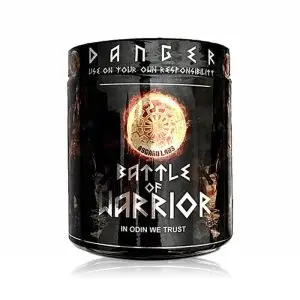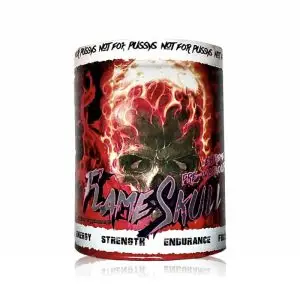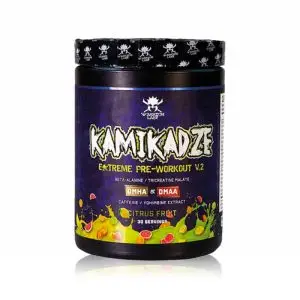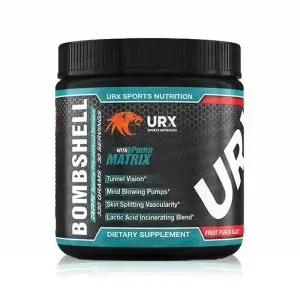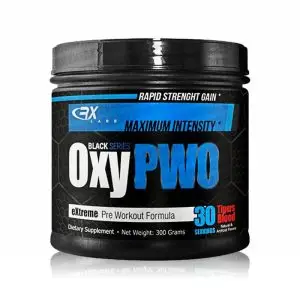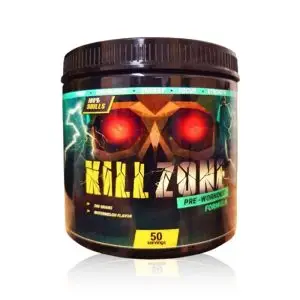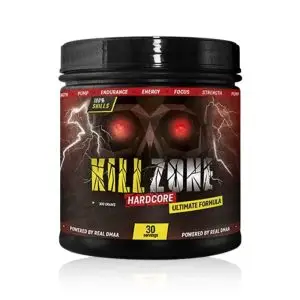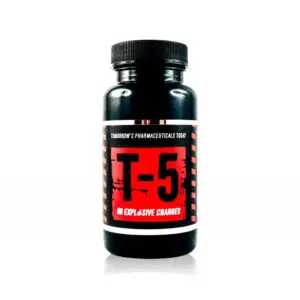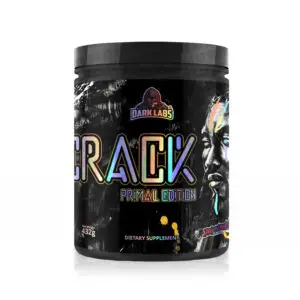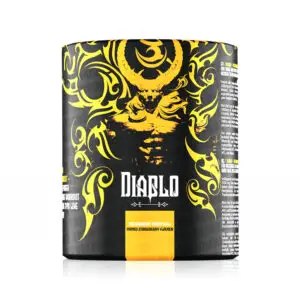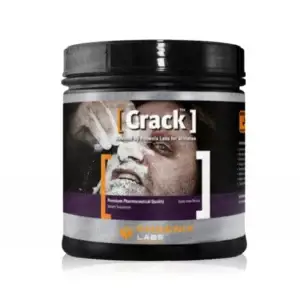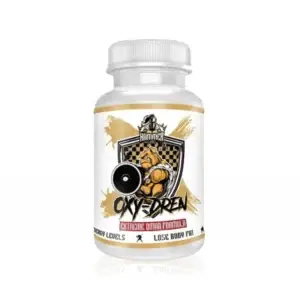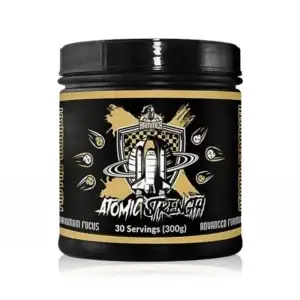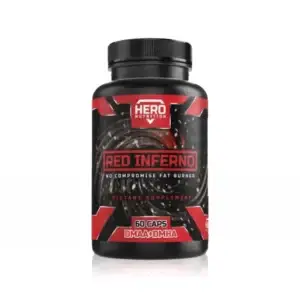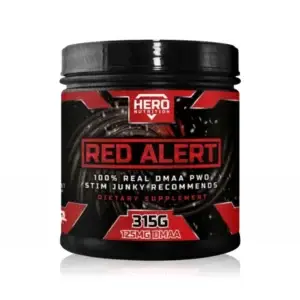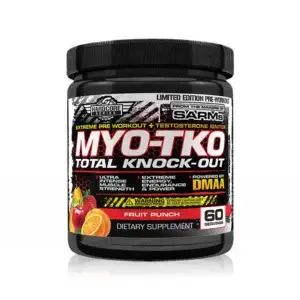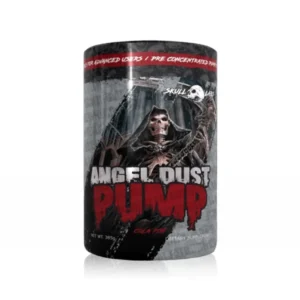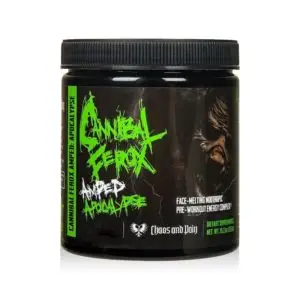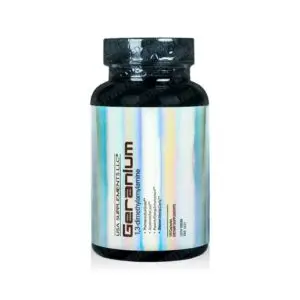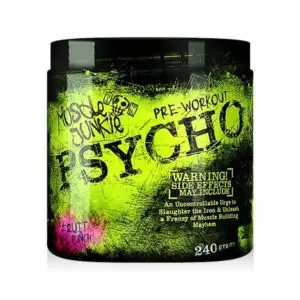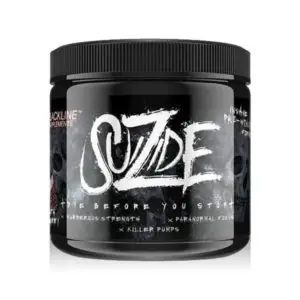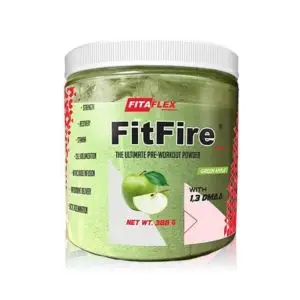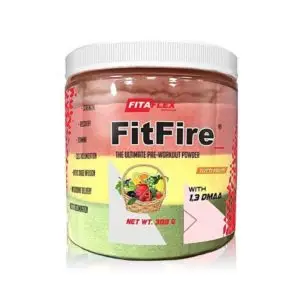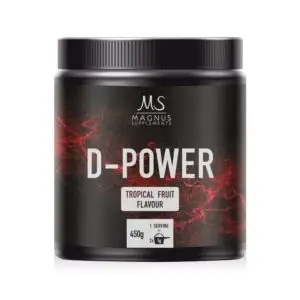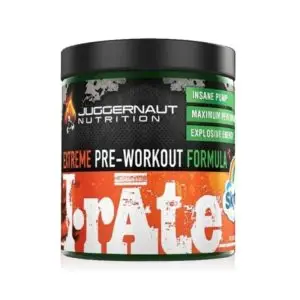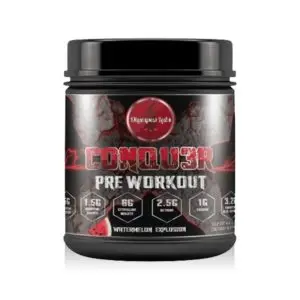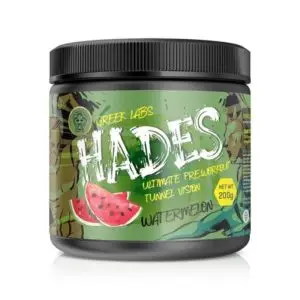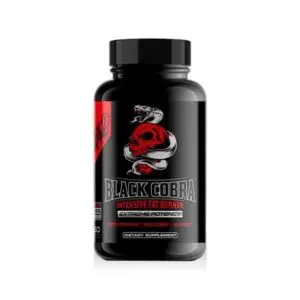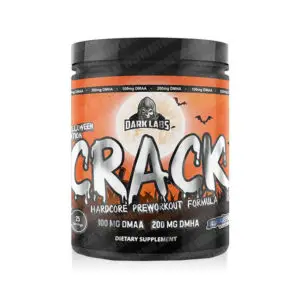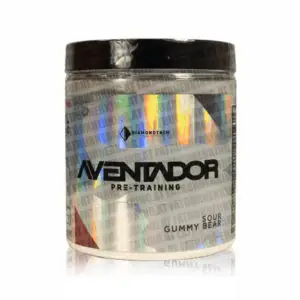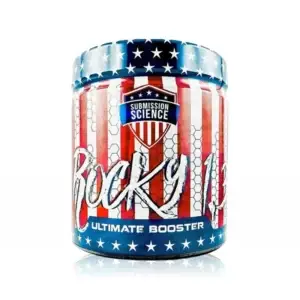In the world of dietary supplements and sports products, dimethylamylamine, better known as DMAA, has gained increasing attention. This biological molecule is often used in performance enhancement products and is a familiar topic for many athletes and fitness enthusiasts.
DMAA was originally extracted from a particular species of geranium and is an alkaloid in chemical structure. Its presence and use in various dietary supplements has given rise to a wide range of opinions and discussions about its safety and suitability.
What is dimethylamylamine?
Dimethylamylamine (DMAA), also known as methylhexanamine, is a chemical compound with amphetamine-like effects. It was originally marketed as a nasal spray, but is no longer used as a drug.
Nowadays, DMAA is often used illegally in dietary supplements to temporarily boost athletic performance, especially in weight training. It is known to increase energy levels and act as a stimulant.
One problem with DMAA is the lack of labeling. It often appears on ingredient lists under other names such as geranium root extract or geranium oil.
The chemical structure of DMAA
DMAA, chemically known as [1,3-]dimethylamylamine, is an organic compound that belongs to the group of amines. The chemical formula of DMAA is C7H17N, which reflects its composition of seven carbon atoms, seventeen hydrogen atoms and one nitrogen atom. With a molar mass of 115.22 g-mol-1, DMAA is a relatively light molecule.
Physical properties of DMAA:
| Feature |
Value |
| Sum formula |
C7H17N |
| Molar mass |
115.22 g-mol-1 |
| Boiling point |
130-135 °C |
| Density |
0.764 g-cm-3 |
In summary, the chemical structure of DMAA provides a specific form that is used for various applications, some of which are restricted or banned in many regions, including the United States, due to health risks and severe side effects.
Use of DMAA in sports products
DMAA (dimethylamylamine) is a substance that is often marketed in pre-workout boosters and weight loss products. Known for its stimulating effect on the nervous system, DMAA can significantly delay muscle fatigue during exercise and increase energy levels. However, the use of DMAA in sports products is not without risks.
Health risks
Products containing DMAA are associated with health risks, as they strongly stimulate the circulation and are not a good option for older people in particular. The substance can lead to an increased heart rate, which is a great sporting incentive for young athletes, but can be dangerous if overloaded.
According to the Federal Institute for Risk Assessment, the intake of DMAA can lead to an acute increase in blood pressure. In the long term and in combination with caffeine, this can lead to chronic problems.
The US Food and Drug Administration (FDA) has received over 40 reports of adverse effects from products containing DMAA. These range from heart disease to death, highlighting the risks associated with the substance.
Potential benefits of DMAA
DMAA (dimethylamylamine) is often advertised as a performance-enhancing ingredient in dietary supplements. Due to its amphetamine-like effects, DMAA can boost energy levels and increase alertness. This makes it a popular ingredient for hardcore boosters.
Potential benefits of DMAA:
- Energy and alertness: DMAA is marketed as a "natural pick-me-up" that can increase physical performance. It can increase energy levels and support cognitive function.
- Focus and concentration: Thanks to its stimulating properties, DMAA is valued in some circles for its help in increasing concentration and focus.
- Stimulation for the central nervous system: DMAA has an even greater effect on the CNS and provides an enormous boost of energy and motivation.
DMAA was originally marketed as a nasal spray for the short-term relief of respiratory irritation. Today it is more commonly used as an ingredient in sports and performance supplements, often under the name geranium root extract to suggest a natural origin.
Although DMAA is perceived by some as a performance enhancer, there are also significant health risks associated with its stimulant properties, so responsible use is essential.
Possible side effects and risks
DMAA (methylhexanamine) is a stimulant substance that is often used in dietary supplements and hardcore boosters. Studies show that a daily intake of 75 milligrams of DMAA can cause a significant increase in blood pressure and heart rate.
In addition, the combination of DMAA with caffeine can increase the risk of developing chronic high blood pressure. These effects can lead to serious health incidents, such as heart attacks and brain hemorrhages. Such risks have led to the use of methylhexanamine being banned in Europe for safety reasons.
The effects of products containing DMAA are summarized as follows:
- Acute increase in blood pressure
- Aggravation due to caffeine
- Occurs in hardcore boosters with other stimulants
For these reasons, the Federal Institute for Risk Assessment advises against the use of products containing DMAA. The substance is the subject of ongoing assessments and discussions in the United States and other countries.
Alternatives to DMAA in food supplements
DMAA, a substance commonly found in dietary supplements, poses significant health risks, including increased heart rate and blood pressure. Due to numerous reports of serious side effects, the US FDA has recommended alternatives with lower risks.
A commonly used substitute is DMHA, an amphetamine-related substance that may have similar stimulant effects to DMAA. However, its risks should not be underestimated.
Geranium extract is often mistakenly advertised as a natural source of DMAA. However, studies have shown that it does not contain DMAA, highlighting the need to review alternative substances.
Especially people with health problems, such as high blood pressure, should avoid consuming products containing DMAA. It is crucial to use safer and officially approved options in dietary supplements.

